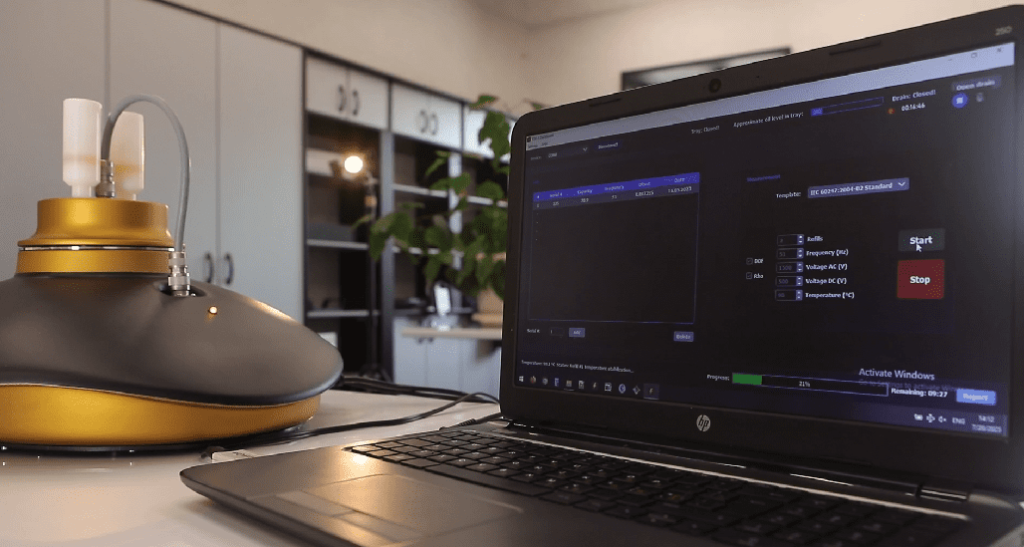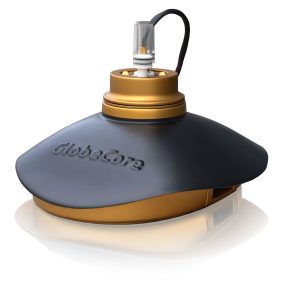Given the dynamic nature of the energy sector, the practice of transformer Oil Analysis in the United Arab Emirates (UAE), has emerged as a crucial component in the maintenance of the nation’s electrical infrastructure. It transcends being merely a routine check; instead, it stands as a sophisticated diagnostic tool for not only diagnosing but also predicting the operation of transformers. This practice plays a pivotal role in ensuring the uninterrupted flow of energy across diverse terrains in the UAE.
The Intrinsic Value of Transformer Oil Analysis
Emphasizing the importance of transformer oil analysis in the UAE cannot be overstated. This procedure holds immense significance in the detection of potential issues within transformers, which are the backbone of the national power grid. By meticulously analyzing the condition of the insulating oil, engineers gain profound insights into the current state of a transformer and can even forecast its future performance. This foresight is invaluable for averting failures, minimizing downtime, and ensuring the longevity of these critical power assets. Through this comprehensive analysis, technicians can spot early signs of wear, contamination, and degradation, enabling them to schedule timely maintenance and proactive measures.
Parameters Evaluated in Basic Transformer Oil Analysis
When conducting a basic transformer oil analysis, several critical parameters come under scrutiny:
- Dielectric Strength: This test is designed to assess the oil’s ability to withstand electrical stresses. A lower dielectric strength reading raises concerns about the transformer’s susceptibility to electrical failures.
- Moisture Content: Moisture is a formidable adversary to transformer oil, as it can diminish the oil’s insulating properties significantly. Accurate measurement of moisture content is pivotal in preserving the integrity of the oil and, consequently, the transformer.
- Tangent Delta Test: This examination measures the dissipation factor or loss angle in transformer oil, a crucial factor in evaluating its insulating quality. Elevated tangent delta values serve as red flags, indicating deteriorating insulation that could reduce transformer efficiency and even lead to component failure.
- Interfacial Tension (IFT): This test aids in detecting the presence of polar compounds and contaminants in the oil. A decrease in IFT values may signal the existence of oxidation products, which, in turn, point to oil aging or contamination.
Each of these tests yields essential data points that, when combined, provide a comprehensive overview of the transformer’s condition. This wealth of information equips decision-makers with the insights needed to formulate effective maintenance strategies, ensuring the smooth operation of the power grid in the UAE.
Parameters for Comprehensive Transformer Oil Analysis
In addition to the basic tests, comprehensive transformer oil analysis takes a deeper dive, incorporating a wider range of parameters that offer a more nuanced understanding of a transformer’s condition:
- Dissolved Gas Analysis (DGA): This advanced test is instrumental in identifying gases dissolved in insulating oil, including hydrogen, methane, and ethylene. These gases can serve as early indicators of various transformer issues, such as overheating, arcing, or insulation degradation. DGA is particularly invaluable for preventive maintenance, enabling the early detection of faults that might remain hidden in other tests.
- Furan Analysis: This parameter assesses the concentration of furan compounds in the oil, which are byproducts of the degradation of winding insulation. Elevated levels of furans suggest significant insulation aging, offering a glimpse into the internal health of the transformer, which would otherwise remain concealed.
- Particle Count: This test evaluates the size and quantity of particulate contaminants present in the oil. It provides insights into the cleanliness of the oil and identifies potential wear and tear of transformer components.
- PCB Content: Given the toxicity and environmental hazards associated with polychlorinated biphenyls (PCBs), testing for their presence is imperative. This test ensures compliance with environmental safety standards and assesses contamination levels in older transformers that might still contain PCBs.
These comprehensive tests contribute to a more intricate understanding of the transformer’s state, enabling precise and targeted maintenance interventions. This in-depth analysis is instrumental in extending the lifespan of transformers and optimizing their performance, a critical endeavor in the challenging power distribution landscape of the UAE.
GlobeCore Instruments for Transformer Oil Analysis in the United Arab Emirates (UAE)
GlobeCore has made significant strides in advancing transformer oil analysis in the UAE through the development of innovative instruments that have revolutionized the analysis process. These instruments cater to both basic and comprehensive analyses.
One standout feature of GlobeCore‘s equipment is its versatility, allowing for precise measurements across various parameters, including dielectric strength, moisture content, and tangent delta test. This precision is of paramount importance when it comes to diagnosing and predicting the health of transformers operating in the diverse and demanding power landscape of the UAE. Moreover, GlobeCore instruments are renowned for their user-friendly design, making complex testing procedures accessible even to personnel with limited technical expertise.
The ability to perform fast data analysis is another hallmark of GlobeCore‘s instruments. In an industry where timely decision-making can be the difference between preventing catastrophic failures and incurring costly downtimes, having access to immediate, accurate data is invaluable. This feature empowers swift identification and rectification of issues, thereby enhancing the overall efficiency of maintenance processes.
Furthermore, GlobeCore‘s commitment to versatility and adaptability is evident in the range of instruments it offers. These tools can effectively handle different types of transformer oils and are adaptable to various testing scenarios, making them a versatile choice for diverse applications within the UAE’s power sector. This adaptability ensures that, regardless of the transformer oil type or the specific requirements of a testing procedure, GlobeCore instruments consistently deliver reliable results.
Advantages of GlobeCore Instruments




 Oil Moisture Meter ...
Oil Moisture Meter ... Oil Tan Delta ...
Oil Tan Delta ... Breakdown Voltage Tester ...
Breakdown Voltage Tester ...